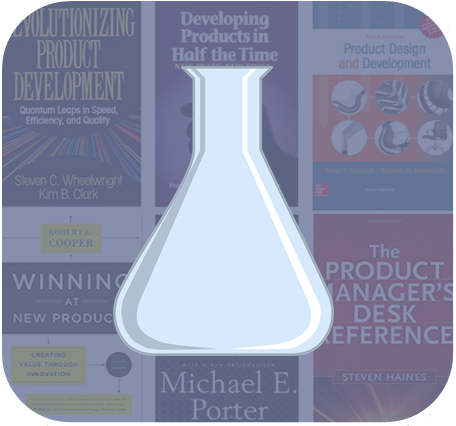The next section of the book is called “More Ideas for Faster Value Creation.”
This section logically follows the discussion on compounding ideas because having more ideas is part and parcel to compounding ideas. You need both quantity and quality when it comes to ideas.
The book covers a wide range of possible methods for collecting ideas. I’m not really going to touch on all of them. The most critical method that most resonated with me was to “ask informed questions.” Find experts, consumers, distributors, whomever, and ask them questions.
How do you ask informed questions?
1. Do your homework
Make sure you have at least a basic understanding of the market, competitors, and consumers related to your value proposition. That seems obvious, but it’s easy to assume you know more than you do. Dig deeper.
2. Find experts
Find people who know more than you.
3. Ask questions
There are some anecdotes in the book about various people and companies who have taken this to extreme: meetings where only questions can be asked, or the example of a drug manufacturer who had their drug approved by the FDA extremely quickly by doing nothing more than asking what exactly it would take to achieve rapid approval.
When you ask questions, you can’t help but hear answers. Whether they’re right or wrong doesn’t matter so much as the fact that they’ll challenge you to think. Thinking hard generally results in new ideas and perspectives. New ideas are good. End of story.
